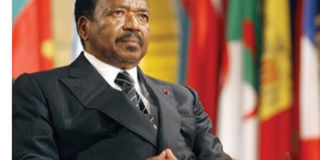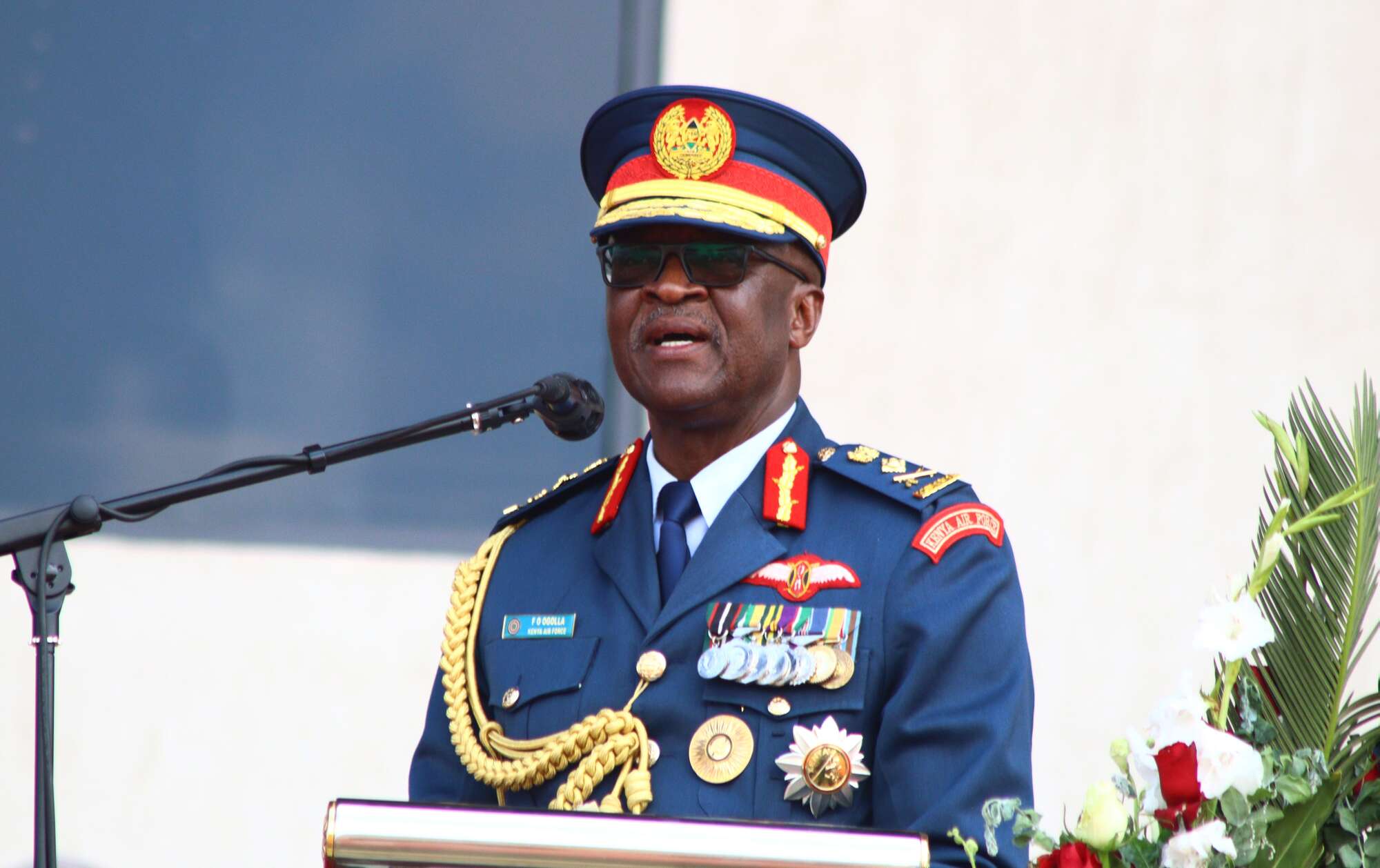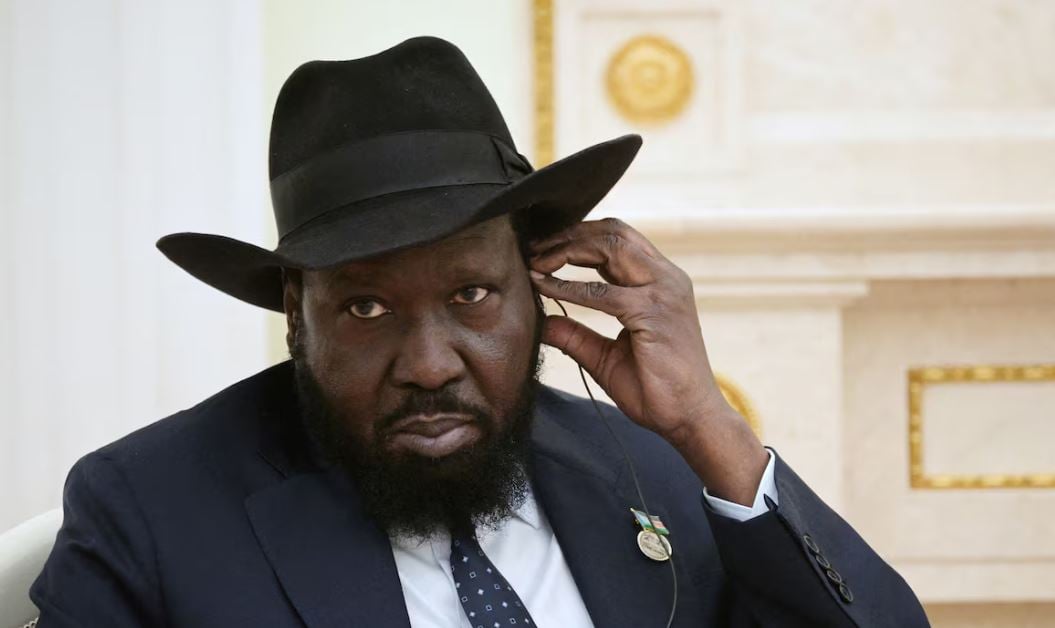Biya, Cameroon’s absentee president

Cameroon President Paul Biya. He has been in power for 29 years. Photo by agencies
What you need to know:
It is commonplace to hear Cameroonians say with contempt that President Biya lives in Switzerland, he spends weeks at a time, and then visits Cameroon once in a while.
Yaoundé- “Where on earth is our president?” That is the question one would expect fretting citizens to pose when the whereabouts of their leader eludes them 12 days after the close of a two-day conference he took part in.
Cameroon’s President Paul Biya left Yaoundé on April 1 for the fourth EU-Africa summit in Brussels, which spanned April 2 and 3.
He has since the close of the meeting gone ‘missing’!
Nonetheless, the clueless Cameroonian lot need not post any ‘missing president notice’ - yet.
The populace is accustomed to a permanently holidaying president; one who regularly gets ‘lost’ in Europe and then finds his way back home.
It is commonplace to hear Cameroonians say with contempt that President Biya lives in Switzerland, where his children attend school and where he spends weeks at a time, and then visits Cameroon once in a while.
He regularly veers off to Switzerland for some cooling off each time he leaves Cameroon for an official visit to Europe.
His stays in the Alpine country don’t come cheap. Some years back, the French press published reports indicating that the Biya entourage was spending $40,000 (about Shs100 million) a day on 43 hotel rooms.
Cameroonian officials rose as one to defend the President’s right to spend the money allotted to him, the way he wished.
This time round, not even the kidnapping of two Italian priests and a Canadian nun by gunmen in his country’s red-flagged Far North Region on April 5 has been enough to prompt the President to cut his European vacation short.
Hype and aura
It is hardly ever announced when Biya leaves Cameroon, but his stage-managed homecomings always receive rapturous publicity.
Droves of supporters chanting ego-enhancing, masturbatory messages and clad in fabrics with his smiling face embossed on them swarm the Yaoundé Nsimalen Airport.
Others line the streets right up to the Etoudi Unity Presidential Palace clapping and blaring songs of praise and welcome.
A long line of the country’s top officials and their wives line up at the foot of the plane as a call to duty; shaking hands with the leader and giving him the pulse of the nation in snappy chitchats.
News crews from state media are called in, but kept at a safe distance. They scamper for positions to take pictures — getting an interview with the President is as rare as a cat’s droppings .
Sphinx-like tact
When Biya took over the reins of power in 1982, he epitomised hopes for a fresh start — he called his arrival the ‘renewal’ — after two decades under former leader Ahmadou Ahidjo’s extremely authoritarian regime. But after 31 years of tight-fisted, ethnocentric stewardship, coated with sugary promises of democracy and the purging of corruption, the country still has plenty of resemblance to the former regime, if not being actually worse.
President Biya once said in an interview that he would want to be remembered as the man who brought democracy to Cameroon.
He did open up the country’s political space to multiparty politics in the early 90s, but he did so very unenthusiastically. As the country continues to wade in a “worrying state of disrepair,” as French journalist Fanny Pigeaud described it in her 2011 book, Au Camerounde Paul Biya (‘In Paul Biya’s Cameroon’), Biya has continued to tighten his noose around power with sphinx-like tact.
His Geneva stopovers never go beyond 40 days.
The presidency would be declared vacant and fresh elections called if he went beyond that limit.
With such a rule, he’s got reason to sneak out secretly and come back in pomp.
Serial election winner
More than two decades on, Cameroonians have had little real choice in practice. President Biya has since 1992 been a serial election winner even though he rarely ever makes campaign outings. In the 2011 election, he garnered 77.99 per cent of the vote while his archrival and main opposition figure John Fru Ndi, grudgingly walked away with a paltry 10.71 per cent.
Other longest serving leaders
Teodoro Obiang Nguema of Equatorial Guinea, 32 years. He’s now the longest serving President in Africa. President Teodoro Obiang Nguema came to power in August 3, 1979
Jose Eduardo Dos Santos of Angola, 32 Years. He is nick named “quiet dictator” came to power in September 1979, one month after the longest serving President in Africa came into power.
Robert Mugabe of Zimbabwe, 31 Years. The world cheered when, after leading a long guerrilla war, Mugabe led his Zanu party to victory at the elections in February 1980, after Zimbabwe had won its independence from Britain.




